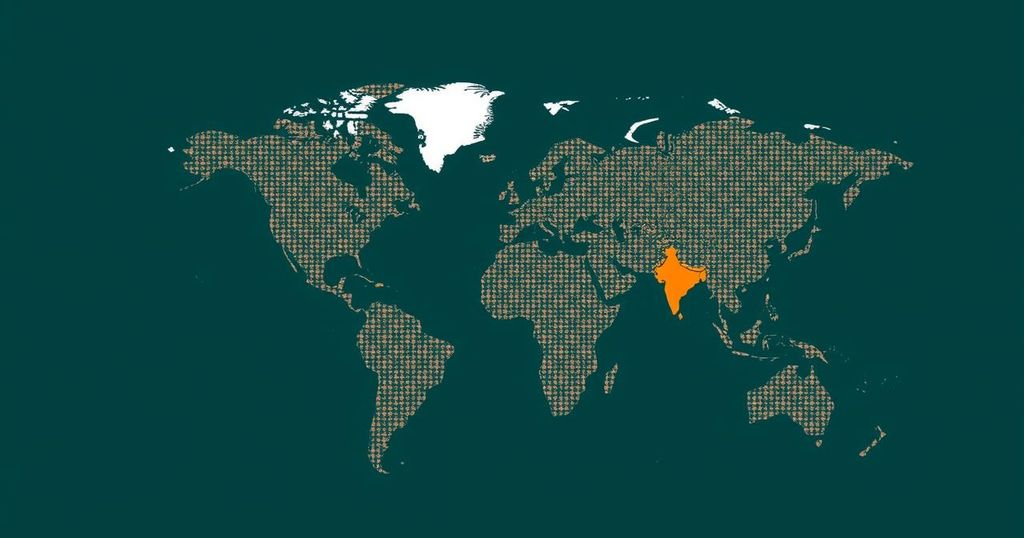At COP29, concerns emerged over the diminishing focus on gender issues in climate negotiations, with significant opposition to gender language from countries like Saudi Arabia. Mary Robinson highlighted a global backlash against gender equity, raising alarms about the implications for women’s roles in climate action. Despite some acknowledgment of gender in proposed texts, the overall trend indicates a regression in inclusive policies. Activists and negotiators alike are calling for renewed commitments to ensure women’s inclusion in addressing the climate crisis.
At the COP29 climate summit in Azerbaijan, significant concerns are rising regarding the regression of gender considerations in climate negotiations. Participants have noted a noticeable absence of references to women and diversity in proposed drafts. Mary Robinson, Ireland’s first female president, indicated that gender language was actively opposed by nations such as Saudi Arabia, which was bolstered by Russia’s backing of traditional values. Robinson contended that this opposition is indicative of a broader global backlash against gender-inclusive policies, emanating from right-wing political movements in parts of the United States and Europe.
Despite some references to gender remaining in the proposals, the overall sentiment at COP29 is one of alarming backtracking on gender issues. A United Nations study highlights that women and girls make up 80 percent of those displaced by climate change, underscoring the necessity for their inclusion in policy discussions. German Foreign Minister Annalena Baerbock pointed out that the previously standard inclusion of gender considerations has become abnormal, reiterating the essential role women must play in addressing climate change.
Feminist climate activist Ayshka Najib criticized the hosts for their lack of commitment to gender issues, warning that the summit was witnessing not progress but rather concerning regression. Canada’s negotiator Catherine Stewart remarked on the unacceptable nature of returning to antiquated frameworks regarding gender in climate dialogues.
Ultimately, while COP29 has made strides in addressing financial aspects of climate action, the diminishing focus on gender equity poses a significant risk to inclusive and effective climate governance. The summit’s outcomes could set back hard-fought advancements in integrating gender into climate policies, necessitating renewed efforts from all parties to ensure that women’s experiences and needs are heard and prioritized in global climate strategies.
The intersection of gender and climate change is a critical issue, as studies demonstrate that women disproportionately bear the brunt of climate-related disasters. Past climate summits have emphasized the importance of incorporating women’s perspectives and experiences into policymaking for effective global climate action. However, at COP29, there has been a noted withdrawal from these commitments, raising alarms about the future of gender considerations within climate negotiations. This trend is not only affected by the discussions at the conference but reflects broader global attitudes towards gender rights and inclusivity, especially in environments influenced by conservative political agendas.
The discourse during COP29 reveals a troubling trend of regression in gender considerations within climate negotiations. Led by opposition from countries like Saudi Arabia and supported by others promoting traditional values, the exclusion of gender language raises significant concerns regarding global climate policy’s inclusivity. The need for women’s voices in the climate crisis discourse is critical, and stakeholders must advocate fervently to ensure that gender equity remains a cornerstone of climate action initiatives moving forward.
Original Source: www.france24.com






